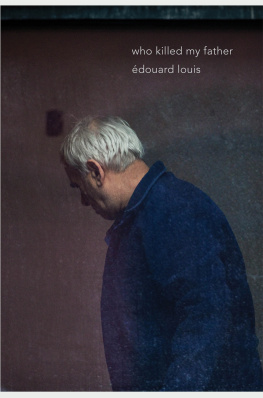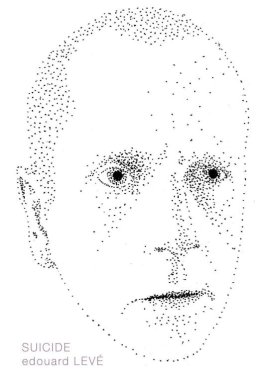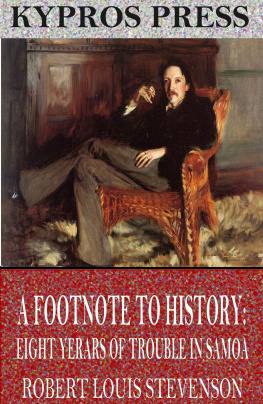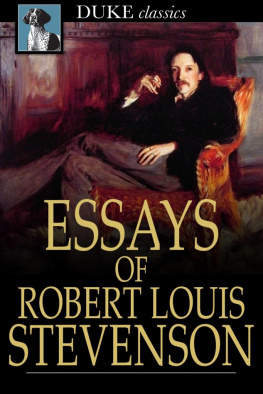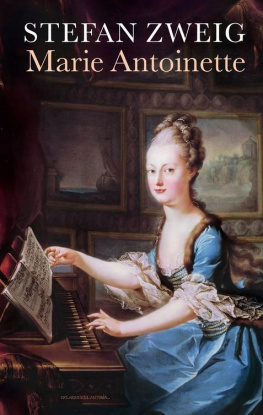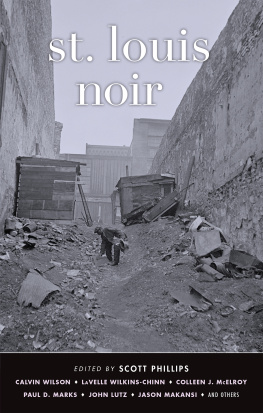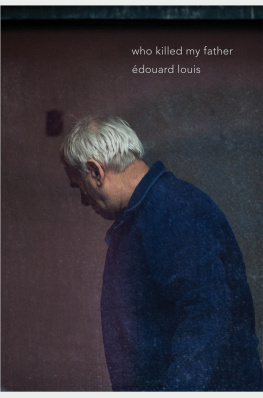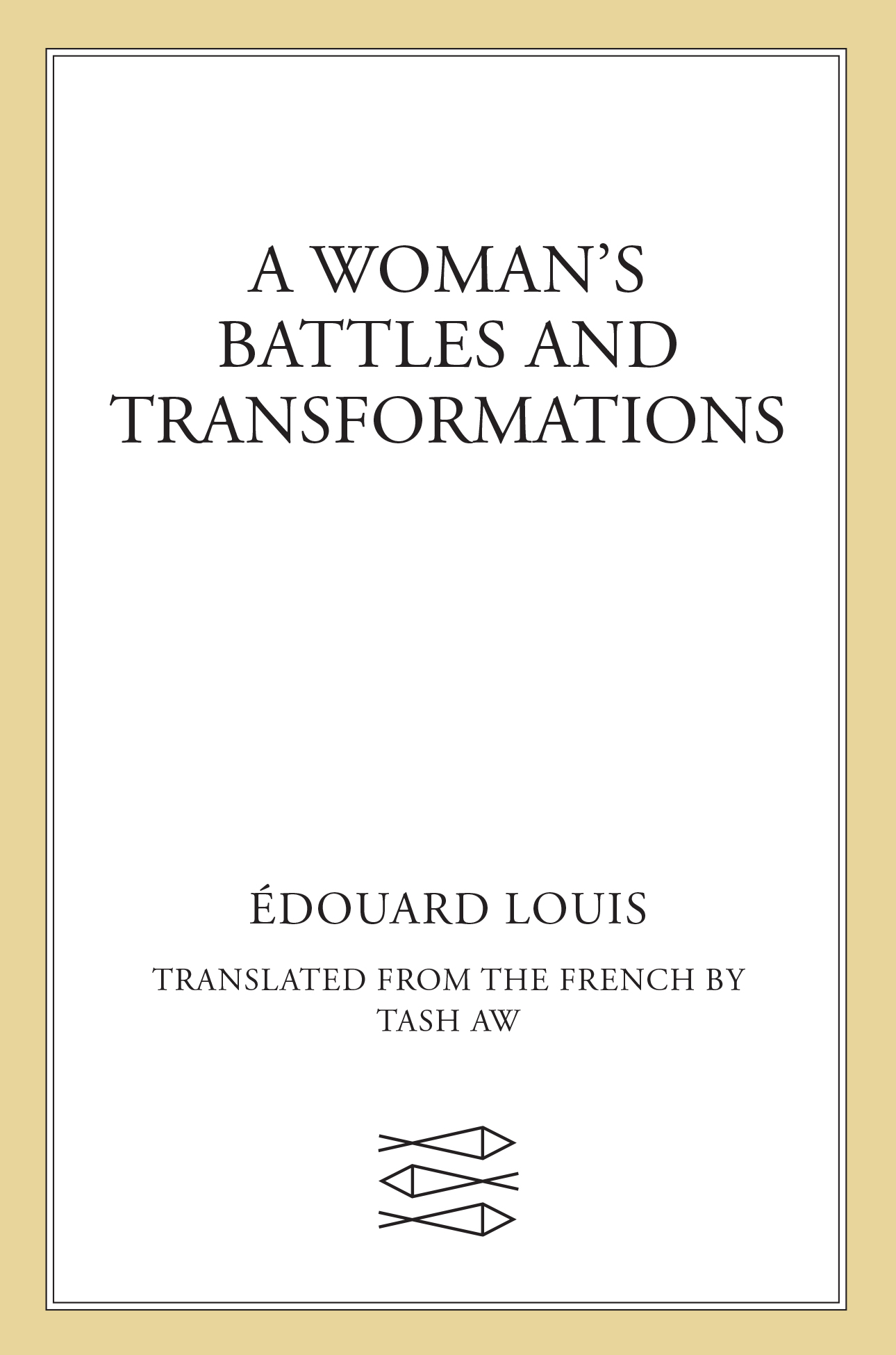Contents
Guide
Pagebreaks of the print version

The author and publisher have provided this e-book to you for your personal use only. You may not make this e-book publicly available in any way. Copyright infringement is against the law. If you believe the copy of this e-book you are reading infringes on the authors copyright, please notify the publisher at: us.macmillanusa.com/piracy.
Everything started with a photo. I didnt know that this image existed or that I possessed itwho gave it to me, and when?
The photo was taken by her the year she turned twenty. I imagine that she must have held the camera backward to capture her face in the lens. It was a time when cell phones didnt exist, when taking a picture of oneself wasnt a straightforward thing to do.
She is tilting her head to one side and smiling slightly, her blond hair brushed and falling in immaculate bangs around her green eyes.
It was as if she was trying to be seductive.
I cant find the words to explain, but everything about the snapshother pose, her gaze, the movement of her hairevokes freedom, the infinite possibilities ahead of her, and perhaps, also, happiness.
I think Id forgotten that she had been free before my birtheven joyful?
It must have occurred to me sometimes, when I was still living with her, that she had once been young and full of dreams, but when I found the photo I hadnt thought about this for a long timeher freedom and contentment had become an abstract notion, something I vaguely knew. Nothing, or almost nothing, of what I knew of her in my childhood, through the closeness I had with her body for fifteen years, could have helped me remember all that.
Looking at this image, I felt language disappear from me. To see her free, hurtling fulsomely toward the future, made me think back to the life she shared with my father, the humiliation she endured from him, the poverty, the twenty years of her life deformed and almost destroyed by misery and masculine violence, between the ages of twenty-five and forty-five, a time when others experience life, freedom, travel, learning about oneself.
Seeing the photo reminded me that those twenty years of devastation were not anything natural but were the result of external forcessociety, masculinity, my fatherand that things could have been otherwise.
The vision of her happiness made me feel the injustice of her destruction.
I cried when I saw this image because I was, despite myselfor perhaps, rather, along with her and sometimes against herone of the agents of this destruction.
The day of the argument with my little brotherit was summer. I came home after an afternoon spent hanging out on the steps of the village mairie, and a fight broke out with my youngest brother, right in front of you. Amid the shouting and the insults, my brother said, using the most hurtful tone he could muster, Everybody in the village makes fun of you behind your back. Everyone says youre a faggot.
It wasnt so much what he said that hurt me, or the fact that I knew it was true, but that hed said it in your presence.
I went to my room and grabbed the bottle of colored sand that stood on my chest of drawers, then returned to my little brother and shattered it on the floor in front of him. It was a trinket hed created at school. The teacher had suggested that the kids soak grains of sand in dye and fill Coke bottles with them to make colorful ornaments; shed asked my brother if hed wanted to make something and hed chosen to make one for me. It was for me that hed taken on this burden, for me that hed spent an entire day making this pretty thing.
When I smashed the bottle at his feet he screamed sharply and began to cry, burying his face in the sofa cushion. You came up to me, slapped me, and told me that youd never seen such a cruel child. I already regretted what Id done, but I hadnt been able to stop myself. I was mad at my little brother for having revealed to you something of me, of my life, of my suffering.
I didnt want you to know who I was.
Throughout the first years of my life, I was terrified that you would really know me. In middle school, whenever meetings were arranged between parents and teachers, unlike other children who had good grades, I made sure that you didnt find out about them. I hid the invitations, I burned them. When an end-of-the-year variety show with sketches, songs, and dance routines was put on in the village hall, the other kids brought their parents and families along. I did everything I could to ensure your absence. I told you that the dances and songs would be boring; I made up stories about technical problems; I didnt give you the real dates for the show. I lied to you. Later I would discover an image, so often repeated in movies and TV shows, of a child on stage, waiting for his parents to appear in the hall to admire the performance that he has worked on tirelessly during that year, just for them. I never recognized myself in that childneither in his waiting for his parents nor in his disappointment in their absence. It was as though all my childhood had been lived basically in reverse.
I didnt want you to know that at school, the other kids refused to be friends with me because it was frowned upon to be close to someone thought to be a faggot. I didnt want you to know that several times a week, two boys waited for me in the hallway of the school library to slap me and spit on my face, to punish me for being who I was. Is it true youre a fag?
I didnt want you to know that at the age of nine or ten I already knew the taste of melancholy and despair, that I was prematurely aged by these feelings, that every morning I woke up with the same questions in my head: Why was I the person I was? Why was I born with the mannerisms of a girlmannerisms that the others identified, and rightly so, as proof of my abnormality? Why was I born with this desire for other boys instead of for girls, unlike my father and brothers? Why wasnt I someone else? Once, several years after all this, when I told you during an argument that Id hated my childhood, you looked at me as though I was crazy and said: But you were always smiling!
How could I criticize your reaction that day when it was, in a way, a symbol of my victory, of the fact that I had succeeded, throughout my entire childhood, in keeping you ignorant of what my life wasand, ultimately, in preventing you from becoming my mother?
The first pages of this story could have been called: A Sons Struggle Not to Become a Son.
The year she wanted to take a vacationshe came into the kitchen and told us she had made up her mind. We would be going on holiday. She recalled her childhood stays in the mountains, when doctors had sent her to the Massif Central to treat her severe asthma. I was with my father, watching TV next to him. She announced: Were going to the mountains. My father laughed. He kept watching his show and said, What the hell is that all about?
She had met with a social worker the previous day and learned that there were programs run by the state for families like ours who couldnt afford to go on vacation. She began to hope.
She started by shuttling back and forth to the little building that housed the social services office, on the edge of the fields near the metal factory. She came back with stacks of paper under her arms, all sorts of forms and documents freshly photocopied, still warm from the printer, and she was charged with an energy that I had never before seen in her, both in her body and on her face.


